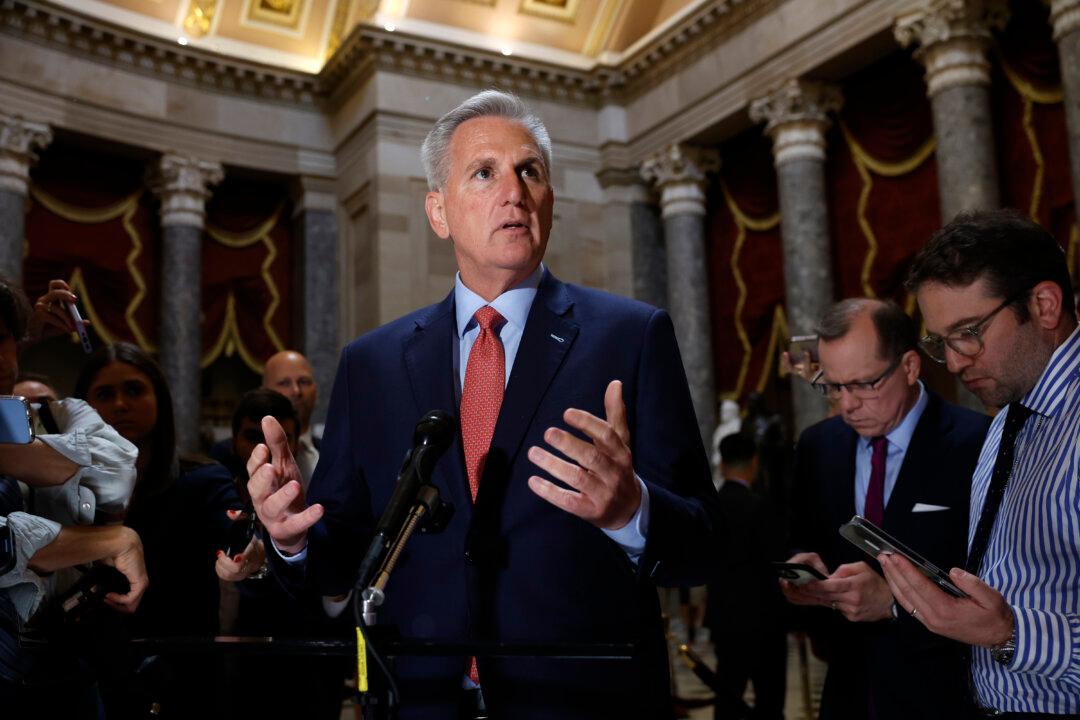As the June 5 deadline for a decision on the U.S. debt ceiling looms, China could gain the upper hand in global influence if the United States defaults on its $31.4 trillion debt. Amid political tensions and struggles for trade dominance, the debt ceiling debate is poised to have a significant impact on the U.S. dollar, both in markets and as a global reserve currency.
It would be a windfall for China, which aims to dethrone the U.S. dollar as the world’s go-to for trade and cash reserves.





